Dr. Khaled Al-Kassimi

Dr. Khaled Al-Kassimi
Associate Professor – College of Media and Mass Communication
 Publications: 23
Publications: 23 Citations: 110
Citations: 110 h-Index: 6
h-Index: 6 Last Updated: Feb/27/2026 04:26:47
Last Updated: Feb/27/2026 04:26:47
Khaled Al-Kassimi is an Associate Professor of Political Sociology, International Relations, and Legal Philosophy at the American University in the Emirates. His teaching expertise spans International Law and International Relations, Geopolitics and Geography, International Relations and Diplomacy, as well as Security Studies and Development Studies. He holds a Philosophical Doctorate in Political Science (Major I: International Relations; Major II: Political Philosophy) from the Faculty of Social Sciences at McMaster University (2016–2020), a Master’s degree in International Relations from McMaster University (2015–2016), and an Honours Bachelor of Arts with a combined specialist in History and Political Science from the University of Toronto (2009–2013).
His academic research navigates topics linked to jurisprudence and theology, geopolitics, and political philosophy, with a particular interest in epistemological differences pertaining to diverse theological and philosophical sources (i.e., revealed law and rationalized law). This eclectic disciplinary engagement has enabled Al-Kassimi to serve as an editor for multiple books and to publish peer-reviewed articles in journals concerned with law and philosophy, history, and political science—always with an eye toward the civilizational heritage that underscores cultural reconnaissance between the Orient and the Occident.
His most recent monograph, published by Routledge and entitled *International Law, Necropolitics, and Arab Lives: The Legalization of Creative Chaos in Arabia*, argues that International Relations and International Law continue to be shaped by epistemic violence through the naturalization of a separation between law and morality. The central question driving the monograph is: *What does such a positivist juridical ethos make possible when both disciplines reify a secular (immanent) ontology?* The book contends that positivist jurisprudence (re)conquered Arabia by subjugating Arab life to the power of death (i.e., necropower) through extrajudicial techniques of violence aimed at implementing a “New Middle East” no longer resistant to Latin-European modernity but rendered amenable to its exclusionary telos.
The monograph moves beyond the limited critique that the problématique of both disciplines lies merely in their “Eurocentrism.” Instead, it demonstrates that the legalization of necropower is necessary for the temporal coherence of secular modernity, wherein humanitarian logic masks sovereignty’s inherently necropolitical nature by categorizing Arab-Islamic epistemology as an internal-external enemy against which national(ist) citizenship must be defended. This produces a sense of danger around which “modern” epistemology coheres, reinforcing the purity of a particular ontology at the expense of banning and dehumanizing a supposedly impure Arab worldview.
Al-Kassimi is currently completing his second single-authored monograph, which critiques the field of International Relations for the persistence of secular assumptions across both mainstream and critical approaches to security, foreign relations, and development. The tentative title of the book is *Blood, International Relations, and Secularity: Judeo-Christian Political Theology and the Ishmaelite as a (Necessary) Outcast*.
In addition to his monographs, Khaled has co-edited several interdisciplinary volumes that merge political science, political communication, and philosophy, including:
Guardians of the Gulf: Navigating Security Challenges (Springer, 2026)
Media Representation and Public Perception of War (IGI Global, 2026)
Exploring the Cultural, Moral, and Technological Dimensions of Conflict (IGI Global, 2026)
Arabian Gulf Security (Springer, 2025)
Publications
| Cover Date | Title | Citations |
| 10/27/2022 | International Law, Necropolitics, and Arab Lives: The Legalization of Creative Chaos in Arabi |
4 |
| 10/27/2022 | International Law, Necropolitics, and Arab Lives: The Legalization of Creative Chaos in Arabia |
4 |
CMMC Faculty

Prof. Sameh Ghwanmeh
Professor / Acting Dean
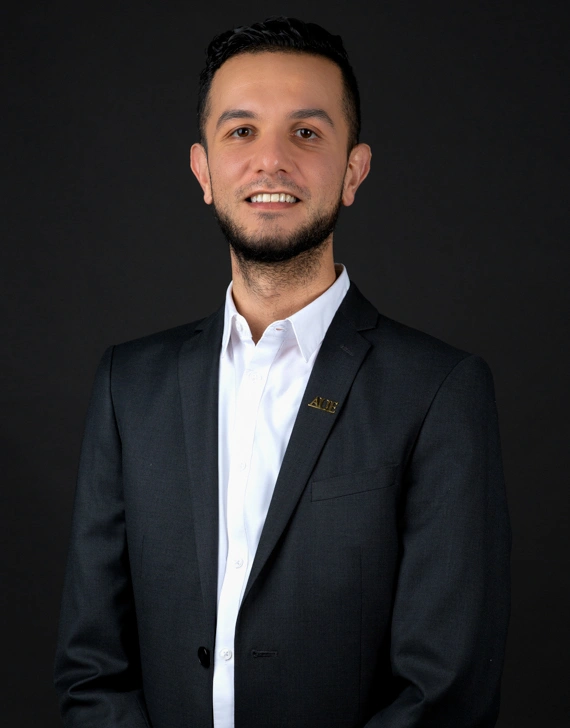
Dr. Khaled Al-Kassimi
Associate Professor / Department Chair of the Bachelor of Arts in Media and Mass Communication
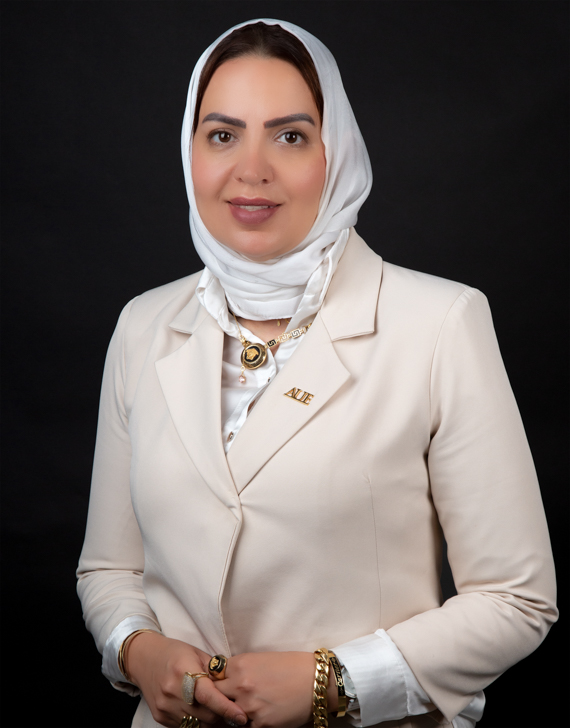
Dr. Mona Abdelrahman
Assistant Professor / Department Chair of Bachelors of Public Relations
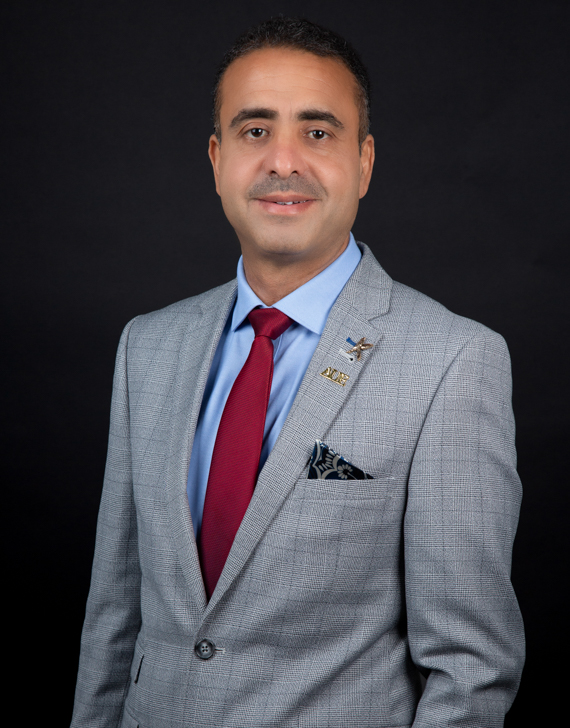
Dr. Bashar Mutahar
Associate Professor / Acting Program Director - MSCPR

Dr. Mohamed Chettah
Associate Professor

Dr. Elizabeth Matar
Assistant Professor
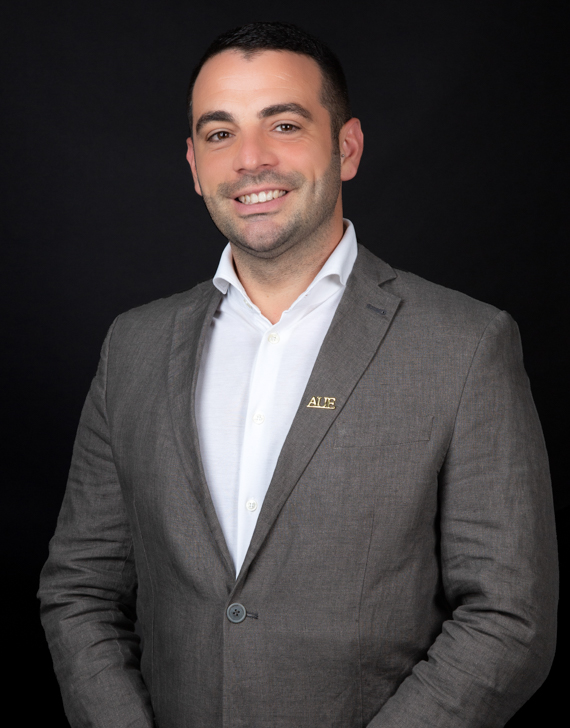
Dr. Federico Triolo
Assistant Professor
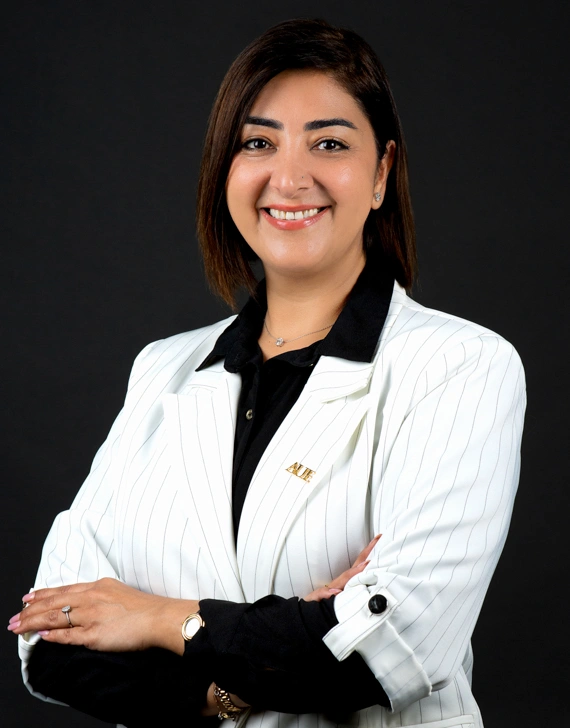
Dr. Haya Ashour
Assistant Professor
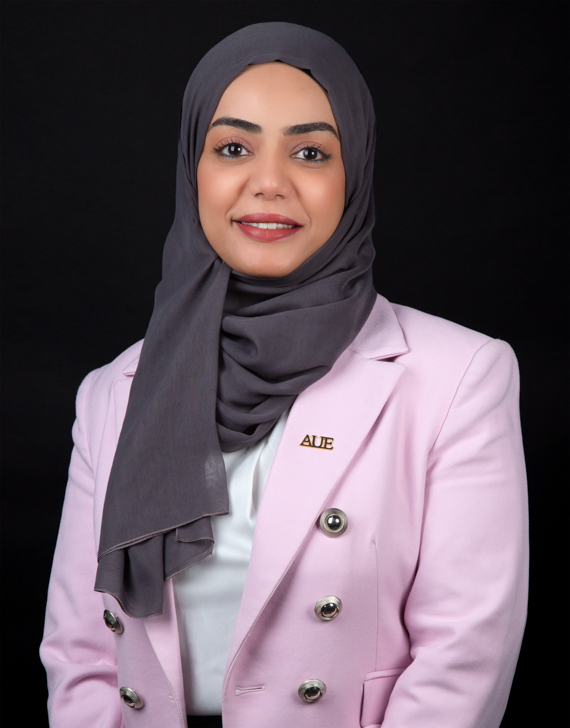
Dr. Sahar Ali
Assistant Professor
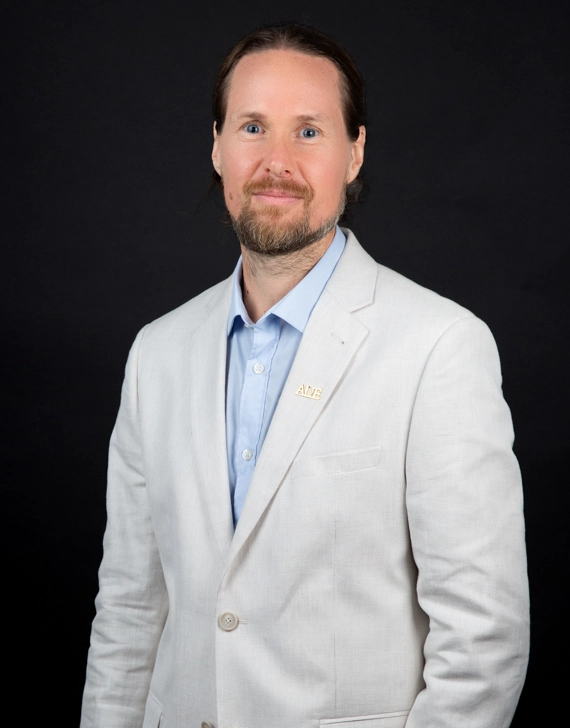
Dr. Martin Gansinger
Assistant Professor

Ms. Ibtesam Alnahdi
Assistant Professor

Dr. Mohamad Firas Naeb
Assistant Professor

